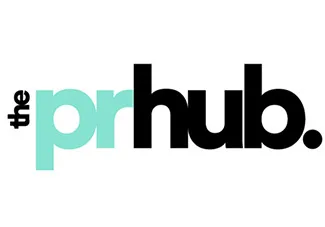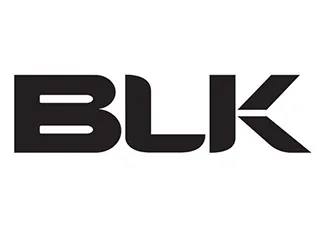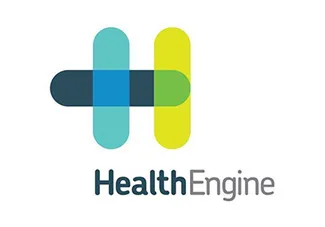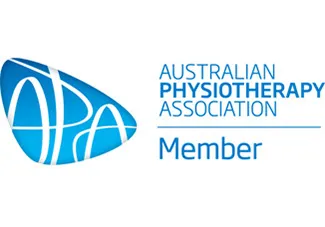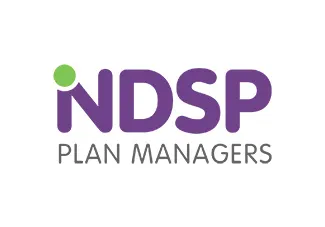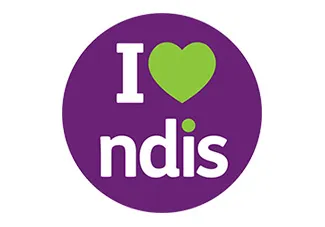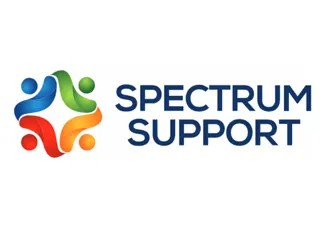Make a Referral
Suburbs that our therapists currently service in Midlands Tasmania, Tasmania:
- Bagdad
- Blackwood Creek
- Bothwell
- Campbell Town
- Conara
- Cressy
- Deddington
- Epping Forest
- Evandale
- Jericho
Physio Inq is your premium partner for all your Physiotherapy & Allied Healthcare requirements for in home, in clinic and online services throughout Australia.
Physio Inq exists to provide reliable, experienced, and forward-thinking care to the community – we are passionate about Australian’s living a life with less limits.
We provide in home, online and clinic solutions for your Physiotherapy, Occupational Therapy, Speech Pathology & Exercise Physiology needs across Australia.
Our therapists are experts in their respective fields, and we believe every client deserves an incredible experience. We see people of all ages, with a large team that treat people across the lifespan, from paediatrics to geriatrics
Who can we help & assist?
At Physio Inq we aim to create happiness and fulfilment for all we come in contact with – this includes our staff and those we serve.
Across the country our local Allied Health services include:
How does Occupational Therapy work?
Occupational Therapy practice involves working with a client to understand what occupations (activities) are important to the person, what difficulties, barriers or challenges they be experiencing in performing these activities, and what goals the person has in relation to their occupations
What does an Occupational Therapy session consist of ?
Appointments may vary depending on your individual goals and may include:
What do I need to bring along to my first appointment
It is helpful if you have any information or reports from your General Practitioner (GP) that may be appropriate and may assist us in understanding what your needs are. If you are an NDIS participant, a copy of your NDIS Plan Goals is also helpful to guide our assessment and identify what areas you may require our assistance.
What should I wear for my first consultation?
We encourage you to be comfortable at your appointments - so clothing that you are comfortable in is best.
How much does it cost?
Our prices vary dependent upon services required and your geographic location. A copy of our price guide can be found here. Our customer service team will provide you with your pricing based on your individual circumstances in your initial contact with them.
How do I pay for my treatment?
If you are NDIA managed, Plan managed, Self managed or Private. we are able to easily accommodate payment for our services. For Self managed we offer a Direct Debit mechanism that reduces administration for both you and our therapist, leaving you more time to receive our great services. The direct debit will take place 5-7 days after your appointment to allow you ample time to claim from NDIA beforehand. EFT/Square payment (more detail below) are also available upon request. For Private clients our therapists take credit or debit card payments on the spot via their Square payment device. you will be issued with an invoice upon completion of your appointment to help facilitate any claim from NDIA or your Health Fund.
How long are the consultations?
Consultation length varies dependent on your individual needs. Our initial consultations may take up to 2 hours, and follow up sessions may vary but most commonly are an hour in duration.
Do I need a referral?
Our services are available with a referral.
Certain funding types require appropriate referral, these will be discussed with you at the time of booking your appointment with our customer service team.
I am a Support Coordinator, where can I refer Physio Inq my clients?
At Physio Inq, we are happy to accept referrals in your preferred method, these include:
Phone: 1300 731 733
Email: [email protected]
Online: https://www.physioinq.com.au/allied-health-referral-form
What states in Australia do you cover?
We are currently covering New South Wales, Victoria, South Australia, Queensland, Tasmania & Western Australia.
Are you NDIS registered?
We are indeed one of the first NDIS Allied Health providers in Australia, being involved with the first rollout in NSW. We know NDIS very well and our therapists are highly trained in the scheme.
What is ndis occupational therapy?
NDIS Occupational Therapy" is Occupational therapy provided to participants within the National Disability Insurance Scheme (NDIS). Physio Inq are one of the biggest NDIS Occupational Therapy Providers in Australia.
Do I need occupational therapy report for NDIS application?
Do you see clients under My Aged Care?
Yes, we do see clients under My Aged Care, through their HCP provider.
Is occupational therapy covered by medicare?
Yes - The Australian Government currently provides funding for a wide range of services and programs to assist in the treatment of Occupational Therapy disorders. Via Medicare specifically, children may qualify for an Enhanced Primary Care Plan (EPC), which may also be known as a Chronic Disease Management Plan (CDMP) to assist in funding Occupational Therapy services.
Does bupa cover occupational therapy?
BUPA is a private health insurer in Australia. As part of their products, they offer 'extras' cover. Some of the most common services and treatments that people make for include, dental, optical, physiotherapy and occupational therapy services. To ensure you have cover
What can an "OT" help me with?
What conditions can you Occupational Therapists treat?
Our OT team are able to assist with a wide variety of clinical conditions, including but not limited to;
We have an experienced team of Occupational Therapists that are able to assist with most conditions.
What is occupational therapy for adults?
Occupational therapy for adults enables people to participate in the activities they find meaningful. These activities include taking care of oneself (and others), working, volunteering, and participating in hobbies, interests and social events.
What is occupational therapy for children?
Occupational therapists help children do everyday things like eating, dressing, going to school and going out in the community. An occupational therapist might help if your child has physical or psychological challenges, developmental delay or intellectual disability.
What is paediatric occupational therapy?
Paediatric Occupational therapy is working with children and people younger than eighteen to help them achieve their daily occupations that may include self-care, school and play. By concentrating on these key areas, paediatric occupational therapy helps children in developing confidence, self-esteem, social skills and their general wellbeing.
What is adaptive equipment for occupational therapy?
Adaptive equipment is any device, tool, or machine that is used to assist with any daily task. Adaptive equipment in occupational therapy helps those with short-term or long-term disabilities where they may be having trouble performing their normal routines.
What is early intervention occupational therapy?
Early Intervention is the term used to describe the services and supports that are available to babies and young children with developmental delays and disabilities and their families. Occupational Therapy has been shown to be very effective as part of an early intervention program.
What is an occupational therapy driving assessment?
An Occupational therapy driving assessment evaluates the ability of a person with physical, behavioural, or cognitive impairments to drive safely, consistently and independently. It also make recommendations about driver rehabilitation, vehicle modifications and licence conditions required for safe driving.
Can occupational therapy help with potty training?
Yes - Occupational Therapists can assist with toilet training. Occupational Therapists can assist with strategies to ensure comfortable seating on the toilet, assistance with removing clothes for toileting, and completing the task including bottom wiping.
Does occupational therapy help with handwriting?
Yes - Occupational therapists can assist with handwriting difficulties. Handwriting is a often difficult process of managing written language through coordination of the eyes, arms, hands, pencil grip, letter formation, and posture. A child's handwriting can show indication of developmental problems that could impair a child's learning because teachers depend on written work to measure how well a child is learning. Occupational therapists can review and assess the components of handwriting, such as strength, coordination, and fine motor control, and parents can encourage activities at home to support good handwriting skills.
For occupational therapy, or any allied health service, it is recommended you engage with your insurer directly.
How occupational therapy helps stroke patients?
Occupational Therapy can enable people to relearn lost abilities, regain independence and reduce the risk of further strokes. Occupational Therapy is key to recovery of function and mobility after stroke which helps with return to previous levels of function and reintegration into the community after stroke including completion of activities of daily living such as self care, hygiene and meal preparation. Specific and tailored exercise programs are used to achieve client goals.
What is the difference between Occupational Therapy and Physiotherapy?
The main difference between Occupational Therapy and Physiotherapy is that a Physiotherapist looks at how your BODY functions, within your environment, and treatment is based around getting your body to function better. An OT looks at how you, as a PERSON, functions within your environment as a whole
My relative cannot speak English, I would like to attend the treatment session with them in order to translate, is this ok?
Under the NDIS scheme we have access to interpreters who can be arranged free of charge to come to the initial assessment to assist with the appointment.
Simply let us know if you need this and we will arrange this for you.
Otherwise, we are able to organise sessions when family members might be present to assist with communication, or match the client with a therapist who speaks the same language if that is available.
